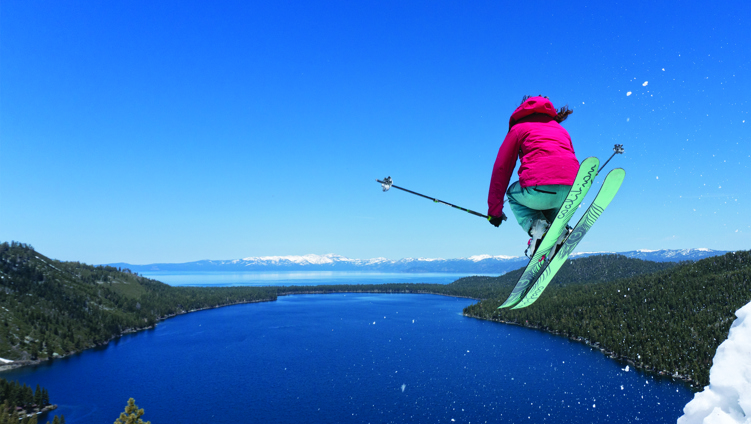Slow down
Adventure is not solely about the destination. On your next adventure, think about becoming a slower traveller. Try to avoid flying - especially short-haul, which has an immense carbon footprint. Car share when embarking on longer trips, and use public transport more often. Best of all, where possible, always choose to cycle or walk, particularly once at your destination.
Slowing down not only produces a greener footprint. It also brings a stronger connection with local communities, allows you to immerse yourself in beauty that you otherwise would have missed and often leads to the unexpected. It makes your experiences richer.
Before you go on your adventure, project your carbon footprint online to make sure it is positive. Our world has limited resources, and they should be conserved, not commodified.
Avoid waste
Now, more than ever, our actions when it comes to reducing waste are incredibly important. You can reduce waste throughout your trip.
Before departing, think about what from your kit list you can borrow from friends and family. This not only reduces the amount of raw materials and resources used, but saves you money.
During your travels, reuse things. Avoid single-use plastic, and use a reusable water bottle, food container and rubbish bag. Be sure to pick up and recycle your litter, and to grab a little extra when doing so. And be resourceful: get into the habit of repairing any broken items instead of immediately replacing them.
Finally, after your adventure, donate items you don’t need instead of throwing them away.













